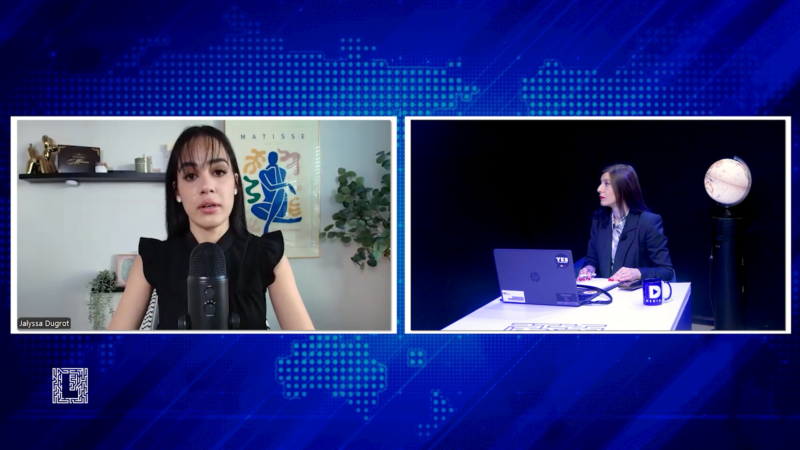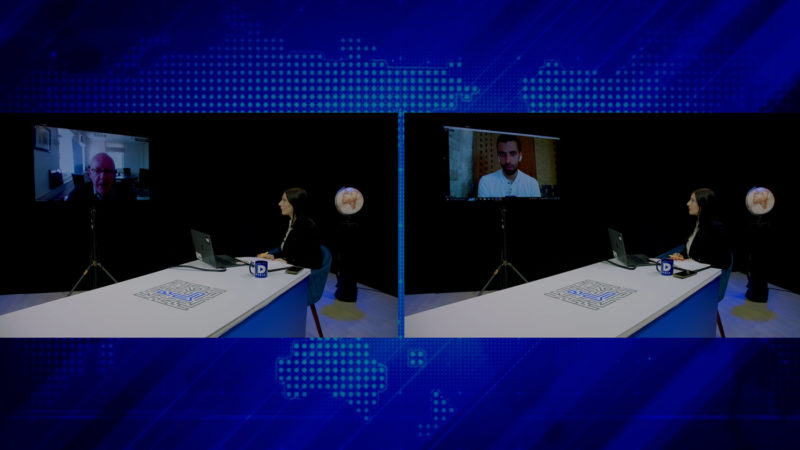Analysis of Macedonian diplomacy, Callings from Georgia and Ukraine on the situation with the protests and the war.
The first guest in this edition of Labyrinth is the former Ambassador of Macedonia to Sweden and Romania, Tihomir Ilievski. We talked about the oath taken by the new President and the reactions it caused among our neighbors. Despite the reactions and difficulties in bilateral relations, the diplomat is still optimistic about the European integration of Macedonia, as well as about the normalization of relations in the entire Balkans.
In Georgia, massive civil protests are taking place over the law on "foreign agents" which moves the country away from the European path, but also seriously threatens the livelihood and freedom of Georgian citizens. From Tbilisi, we were joined by Ekaterine Basilaia - director of the Center for Media and Social Research of Georgia, who explained in more detail what this law is and why so many people took to the streets. We discussed the use of excessive force by the police in arresting peaceful protesters and the legal fight to protect those detained.
In Labyrinth, we also included the volunteer in the Ukrainian Territorial Defense Forces, Volodymyr Sapekhin. Volodymyr has been going to the fronts and back for more than two years. We talked about the current situation on the fronts, about the progress of Russian forces in the Kharkiv region, but also about his personal feelings about the two realities he lives in.
You Might also like
-
Hot winter in the USA: Fires ravage Los Angeles – Senators question Trump's elected officials
Interview with journalist Jalisa Dugrot
Fires ravaged the center of the film industry, Los Angeles. Danger still exists. On the political front, the Senate hearings of President-elect Donald Trump's nominees are underway.
We are talking about the situation in the USA with journalist Jalisa Dugro. Watch the full conversation.
Post Views: 943 -
The members of TIGER inspiration for many girls
Special March 8 edition of Labyrinth.
We visited the Ilinden barracks where we spoke with members of the Tiger Special Anti-Terrorist Unit.
These women are breaking the barriers that the security sector is a man's job.Post Views: 1,361 -
Children in Gaza are dying of malnutrition - Humanitarians are literally giving their lives to help
Интервјуа со Високиот претставник на ОН за Газа, Џејми Голдрик и со претставник на Цевениот Крст во Рафа, Хишам Мхана





